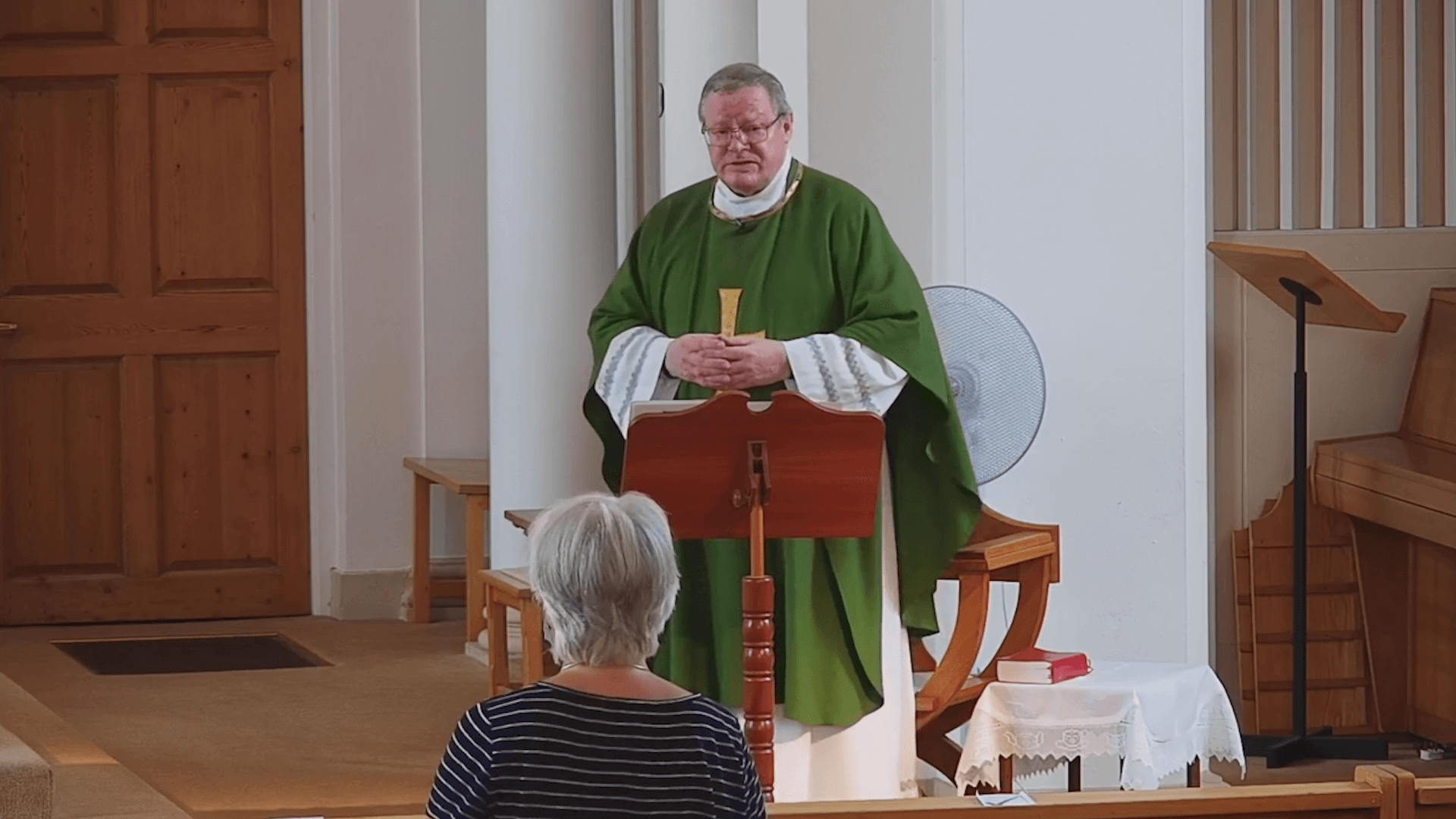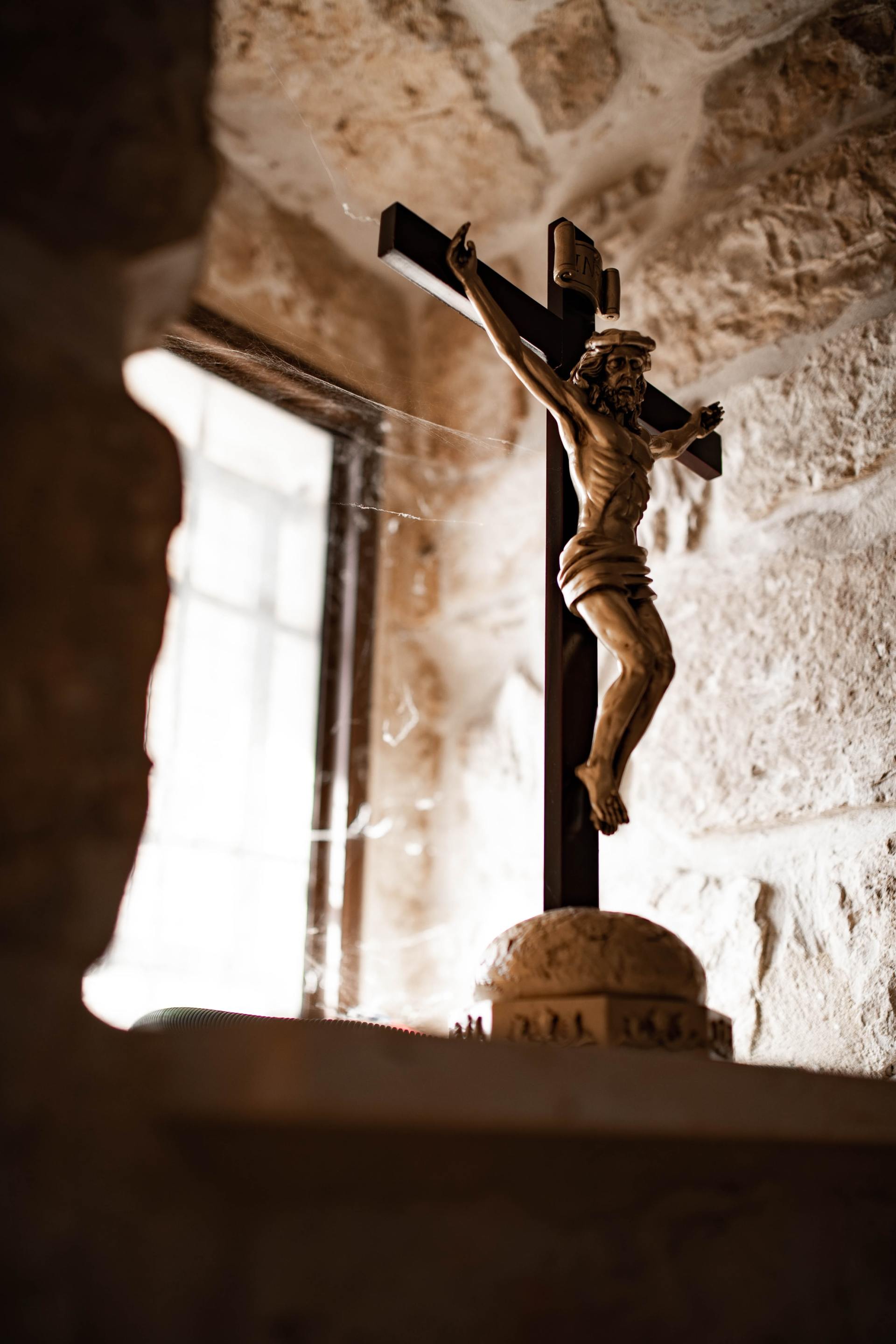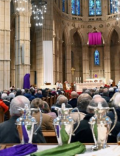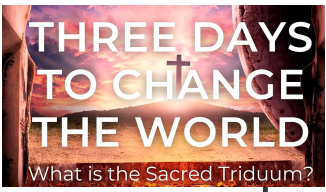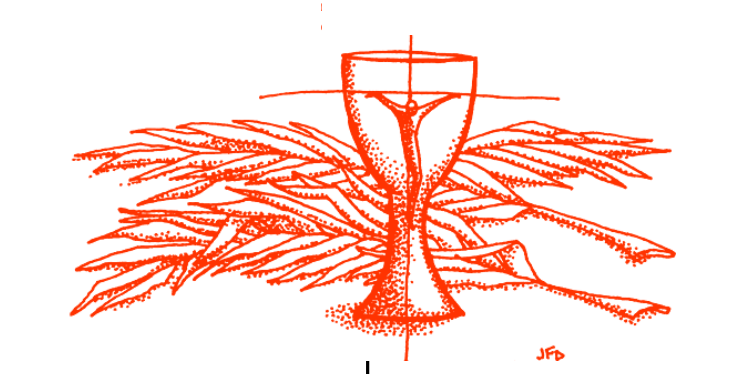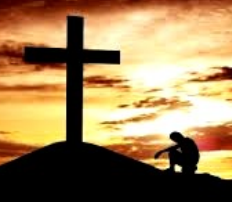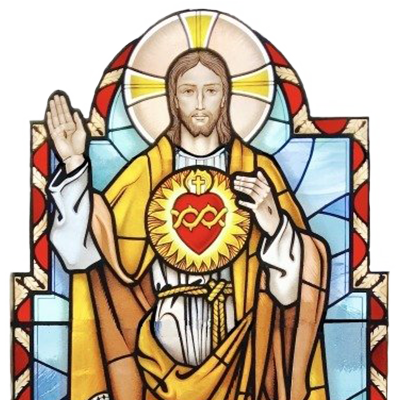Introducing the Trinity . . .(Fifth Sunday of Easter Year A)
The first reading from Acts of the Apostles gives us another glimpse into the very early life and growth of Christianity. At some point, the number of Christians (many of whom still practiced the Jewish faith) became too large for the 12 apostles to minister to adequately. The apostles realized they needed help, so the community of believers identified seven more wellrespected men who were “filled with the Spirit and wisdom.” In an early form of ordination, the apostles prayed and “laid hands on them,” officially making them leaders as well. The Church has preserved this early tradition; when deacons and priests are ordained today, the central part of the ritual is the bishop laying hands on the candidate and praying over him.
Today’s Gospel passage can be boiled down to two main points, but they may be hard to grasp because Jesus seems speak in circles. First, don’t let your hearts be troubled. Second, if you know Jesus, you know God. If you didn’t get those upon first reading, take heart; neither did the apostle Philip.
Jesus’ speech here takes place the night before he dies. Sitting with his friends, the apostles, after he washed their feet, Jesus is aware that they are troubled. Jesus had just predicted that one of them would betray him and that Peter would disown him. Naturally, they are confused and worried. As he does at other points in the gospels, Jesus offers them peace and reassurance and encourages them to trust him, even though things are not looking good.
Philip wants even more reassurance, and he wants to understand just exactly what Jesus is saying with his talk of dwelling places in his Father’s house. In a very roundabout way, Jesus tries to explain that if Philip believes in him, he can trust in the Father, too. This exchange is part of the origin of the Christian understanding of the Trinity. Jesus and the Father are somehow “one,” yet not the same. A few verses after this reading, Jesus talks about the Holy Spirit and the Spirit’s connection to himself and the Father. The description is something that we might not be able to grasp with our rational minds. If this is the case, we find ourselves back in Philip’s position, being asked by Jesus to “believe in me.” What is faith, after all, if there is no need for belief or trust?
Questions of the week
Have you ever felt an invitation to trust and to “not let your heart be troubled,” even though you sensed there was something troubling on the horizon?
Which person of the Trinity is it easiest for you to relate to: the Father, Jesus, or the Holy Spirit? Why?
